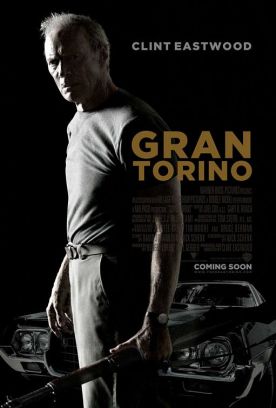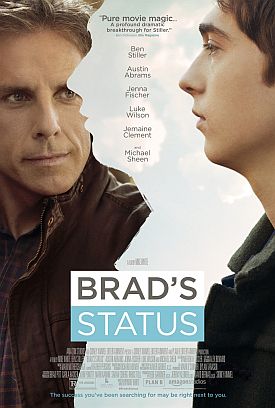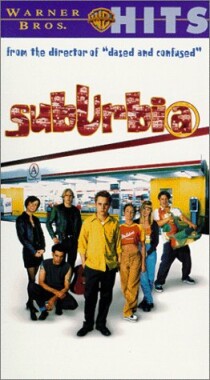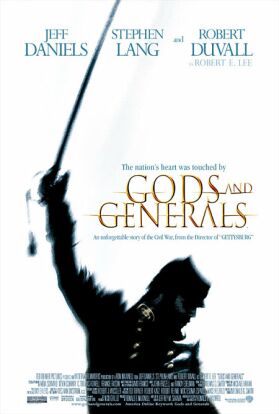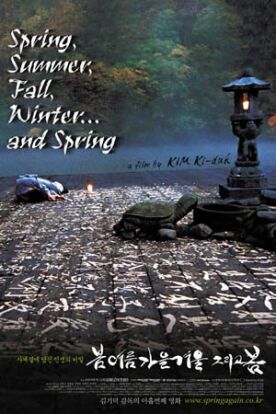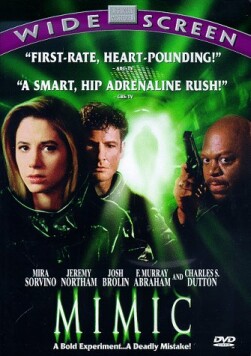Gran Torino
What are we to make of a movie that is named after a car? If it’s The Solid Gold Cadillac (1956) The Yellow Rolls-Royce (1964) Chitty Chitty Bang Bang or The Love Bug (both of 1968), Cadillac Man (1990) or, simply Cars (2006) we can expect comedy or romance or kiddie fantasy but nothing of serious purport. Back in 1989 Clint Eastwood starred in Pink Cadillac, supposedly a screwball comedy though I wouldn’t know. Like an overwhelming majority of movie-goers, I didn’t see it. Now Mr Eastwood is back, this time as director as well as star, and he’s got a much bigger success with Gran Torino. But even though there are lots of jokes in it — most of them racial slurs transformed into comedy by passing through the gums of the lovable but now very old Clint Eastwood — it’s not supposed to be a funny movie. If only it were! Instead, like most of the later Eastwood — since, say, Pink Cadillac — it sinks under the weight of its own moral portentousness.
Perhaps the centrality of the car has something to do with the animistic religion practised by the Hmong neighbors of Clint’s character, a curmudgeonly widower and retired Ford worker named Walt Kowalski, in his run-down neighborhood of Detroit. As in Million Dollar Baby there is a Roman Catholic priest (Christopher Carley) meant to serve as Mr Eastwood’s foil who, though the latter describes him as an “overeducated 27-year-old virgin who likes to hold the hands of superstitious old ladies and promise them everlasting life,” gets off a lot easier than the priest in the earlier movie. Like him, however, he stands for the director’s disgust with conventional Western religion. By contrast, a Laotian shaman who tells his fortune is treated with respect, as are the strange religious customs of the Hmong.
It’s fitting, then, that the car is a kind of religion to Walt: not only his prized possession but a symbol (as he sees it) of the great days of the American auto industry — now, like his own great days, long past. This totemic quality, this aura of magic, also extends to the rifle he uses to frighten the life out of the Hmong teenager from next door, whom he calls Toad (Bee Vang), when the latter is forced by his cousin to break into Walt’s garage as part of a gang initiation. Walt also has a large handgun which he uses to similar effect on some members of another gang who are harassing Toad’s sister, Sue (Ahney Her), a feisty gal to whom Walt has taken a shine in spite of himself and his multifarious racial prejudices.
The guns are associated with his long-ago service in the Korean war, which in turn is associated with some unnamed atrocity, his own involvement in which he hints at to the priest — even though he doesn’t think it worth confessing along with the stolen kiss from Betty Jobinski at a Christmas party in 1968. This, together with the other horrors, also hinted at, that he saw in Korea, has produced a set of psychic wounds which he continues jealously to guard as tokens of his moral authority. “What was it like to kill someone?” Toad asks him, after he has been taken under the wing of the older man.
“You don’t want to know,” says Walt, darkly.
The Unforgiven motif as well as the suggestion of post-traumatic stress disorder will be familiar to students of the late Eastwood who, most recently in Flags of Our Fathers and Letters from Iwo Jima, keeps coming back to the subject of the psychic costs of violence with little or no consideration given to the reasons for it. In Gran Torino as elsewhere, this produces a strange, other-worldly quality to the moral dramas he would present us with. Why are these people hurting themselves and others? Why would we not want to know that? But if the movies know, like Clint growling “You don’t want to know,” they’re not telling. Here, the gang members who persecute Toad also rape his sister, even though at least some of them are supposed to be family members. If the gang exists in the first place, as the movie hints it does, as protection for the Hmong against rival gangs of other ethnicities, why would they rape their own kind? Why would Toad not want to join them in protecting his people from the black and Hispanic gangs?
One answer to the latter question, at least, is that Toad is a wimp. Indeed, Walt is supposed to take him on as a protégé precisely in order “to man you up a little bit. Get a little carbon off the valves.” Even Walt’s incessant racial slurs are meant to be seen as nothing but a form of distinctively masculine banter, a subset of the jokey insults he routinely trades with his male friends, which must be taught to the boy along with the use of the tools of manhood put on display for his benefit. Subsequently, the guns and the car and the power tools are joined by WD-40, a vice grip, and a roll of duct tape with which, as Walt tells Toad, “any man worth his salt can fix almost any problem.” Now the fatherless Toad is presumably equipped to take on the world.
But in the end, the most potent of these masculine tools turn out not to be for use — or not for use by anyone without Walt’s psychic scars and the moral authenticity they give him. Presumably their magic powers have to be circumscribed, lest Toad end up either dead or a psychological basket case and moral anachronism like Walt, who suddenly sees in the persecuted Toad’s gang-banging dilemma a path to redemption for himself. For in spite of his apparent dislike of Christianity, Walt chooses a Christ-like solution to the problem of the neighborhood bad-boys, with the result that Toad and Sue and their charming family may at last be allowed to live in peace — at least if that turns out to be all right with the black and Hispanic gangs. We’re not informed about that.
In other words, the movie is typical late Eastwood with a clunking moral familiar to anyone who has kept coming back to his work in the hope that Dirty Harry might, at long last and very late in the day, put in another appearance. In Gran Torino he leads us right up to the brink of a Dirty Harry moment, only to whisk the football away at the last minute, Lucy-like, in order to give us the by-now familiar anti-“violence” message of his movies since Unforgiven (1992). As in Unforgiven, the hero has a secret sorrow, a deed or deeds of violence in his past of which he is ashamed and for which he is in search of absolution. As in Mystic River (2003), violence never solves anything. As in Million Dollar Baby (2004) the Catholic Church is depicted as na ve and feckless. As in Flags of Our Fathers (2006), there is no heroism except in victimhood. Yeah, yeah. But wouldn’t even the liberals he is sucking up to like to see Dirty Harry again anyway?
Discover more from James Bowman
Subscribe to get the latest posts to your email.

